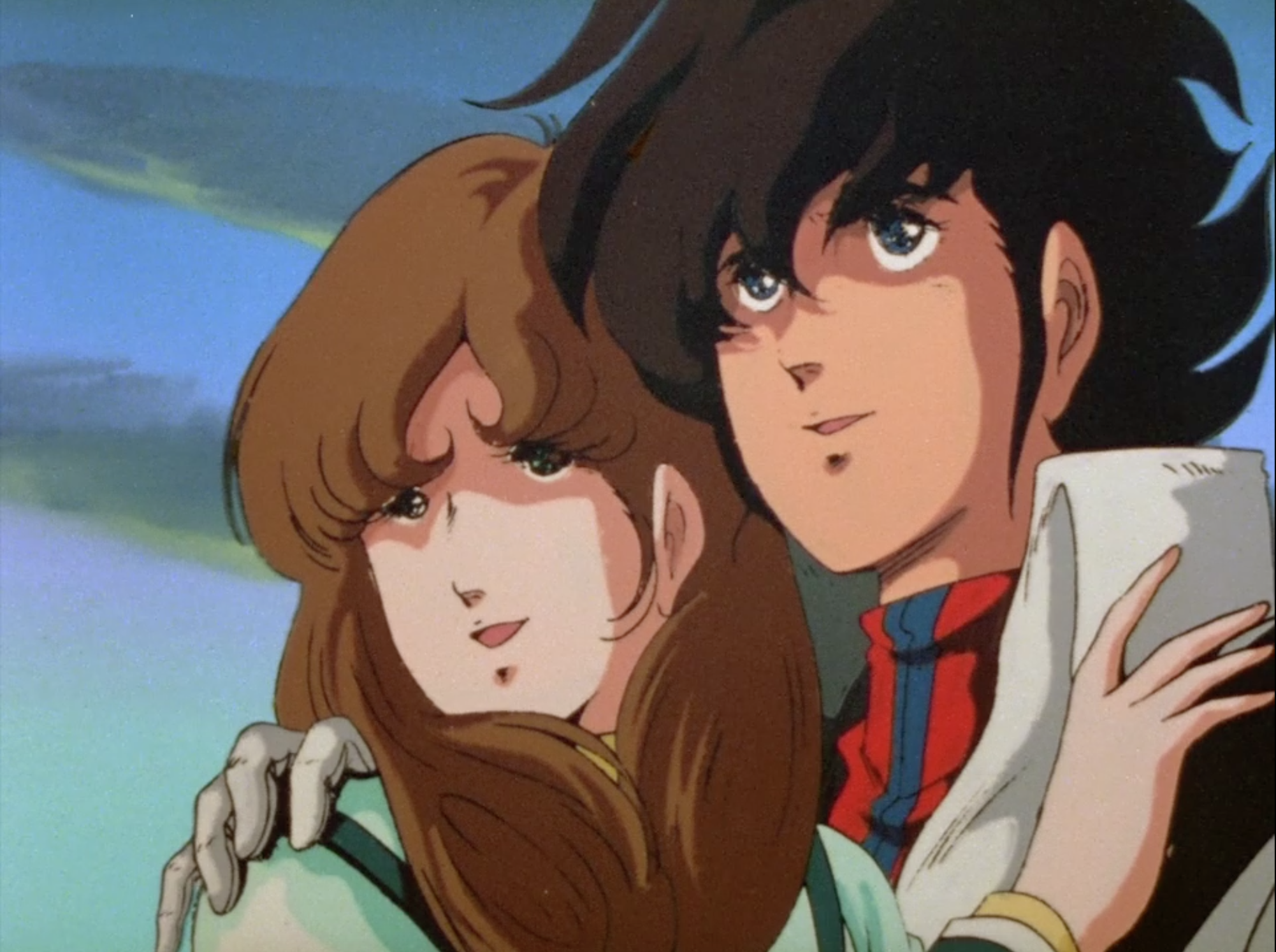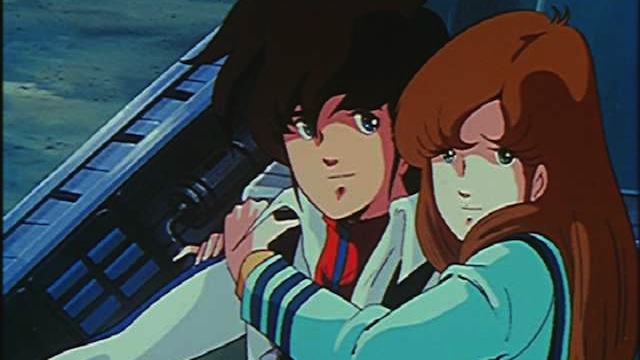On very rare occasions, you find that your imagination finds a fictional universe you wish you could wrap yourself in it and never leave. You could re-watch or reread (or re-listen!) to it all over and over again. When each telling of the story ends, you feel loss.
This has happened three, maybe four times to me. Most recently, it was with Mass Effect, and the Dune universe and Babylon 5 deserve mention as well.
But the first time it happened, it was Robotech.
Some Background
If you are unaware, Robotech as a franchise is a weird beast. American production company Harmony Gold wanted to release the 1982 series The Superdimension Fortress Macross in the US, but it consists of only 36 episodes and the minimum for a full syndication run was considered 65 episodes.
(At the time, it was not out of the ordinary for Japanese series to make it here in syndication during the animation boom of the early-to-mid 80s. I have fond memories of watching Mazinger Z/Tranzor Z and a handful of others as a child.)
So in 1985, Harmony Gold re-cut, edited, and mashed together Macross, The Superdimension Cavalry Southern Cross, and Genesis Climber MOSPEADA (which were completely unrelated series in their original incarnations), with some significant story changes, into one storyline covering three “generations” to explain the changes in characters.
New scripts were written to match the new storyline that had been grafted onto these series, and a full dub recorded. It shares visuals with its constituent source material, but is in most ways a unique thing. (My understanding is that Macross made it as “The Macross Saga” or “First Generation” with the least amount of alteration.)
Robotech consists of the 1985 series and little else; various attempts have been made from time to time to resurrect the series, but none have really been successful. A live-action theatrical version has been in development hell for years.
Encountering Robotech
I have vague memories as a boy of having seen at least parts of Robotech. The most vivid recollections I have are around the Macross portion of the series, and I recall that someone else I knew had a die-cast toy of one of the transforming mecha Veritech fighter jets I thought was pretty cool (I was also very into Transformers at that age).
Around my early teenage years I also remember renting and re-renting the FHE VHS releases of the series, which were edited even more heavily into feature-length cassettes. The volume I remember renting the most is the one with the climactic space battle during which pop idol Lynn Minmay sings “We Will Win,” and the imagery of that sequence is still one of my favorite animated works.
(Yes, I typed “pop idol” and “space battle” in the same sentence. It’s a long story and I’ll talk about that more when I write about Macross proper.)
In high school, I happened upon a friend reading through one of the “Jack McKinney” novelizations of the series. Not having known that such a version of the story existed, I then used whatever allowance or lawn mowing money I could scrape together to purchase the books as I could and read through them multiple times. (My copy of the first volume is hardly bound anymore.)
The novelizations themselves make additional tweaks and changes to the story (and adapt a comics story that emerged from one of the failed sequel attempts), but are surprisingly well-written for mass market novels based on 1980’s animated series themselves adapted from dissimilar source material.
It was through those books that I learned what I like about Robotech: I like the Macross portions significantly more than the rest, I like that music plays such a prominent role in the story (as it does in Macross itself), and the best part is not the space battles or the sci-fi nature of the story itself, but the romance and interpersonal relationships that are at the real heart of the story.
Reflections on Now
I haven’t watched through Robotech itself in a while; my books are possibly lost or in a box in my basement I don’t know about. I purchased the 20th anniversary soundtrack set (and got the first pressing with the mislabeled discs) and give it a listen on occasion.
And I just very recently finished a watch-through of the Macross source material subtitled, which gave me a different look into that series while reminding me of the very things I loved about Robotech in the first place.
I speak almost exclusively of the Macross portion of the series. (You could watch just those episodes and that would be perfectly fine.)
It’s—as I said—one of those universes that just surrounds you if you let it, because the characters have a ring of reality to them. They are atypical of anything that was being released at the time, and often even now.
They change. They grow. (It was serialized TV, years before that was really a thing!) They make mistakes, sometimes with lasting and annoying consequences. They often don’t know what they want. The love triangle that is central to the story is full of twists, turns, and accidental broken hearts. Good intentions fall to bad timing, or misunderstanding, or just plain old jealousy.
They feel the sting of war. They mourn the human compulsion towards war and violence. They experience loss. Two of them die in rather notable and surprising fashion. They deal with fame, with sadness, with loneliness, with the inability to express their feelings. They make peace with their enemies and then have to learn how to live and coexist with them.
All of this in thirteen-and-a-half hours of television, much shorter than single seasons of many shows today.
In the end, there is a ring of hope. The enemy has been defeated, though battles of home clearly remain to be fought past the boundaries of the story itself. Two main characters finally find each other and speak of further life, of further adventures and experiences together—and you are left to your own imagination regarding what those might have been. Every time I finish the story, I long for more.
I said this in my last post about it, but I really do recommend watching it at least once. Maybe you’ll find as much to love about it as I have.

